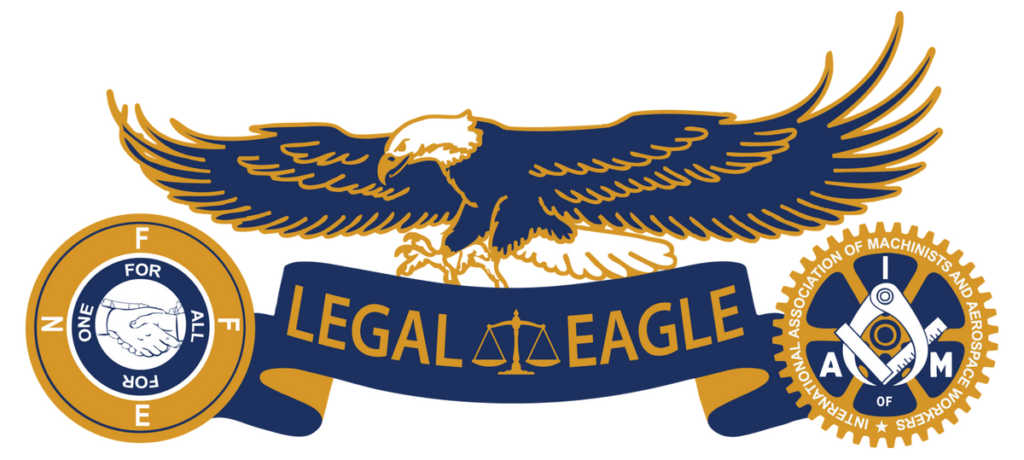
Get the bulletin board-ready story, here.

AFGE National Council 118, 69 FLRA 183 (2016).
Summary: The Agency implemented a change to a form but did not provide the Union notice and an opportunity to bargain. The Union filed a grievance over the failure to bargain and took the case to arbitration. The Arbitrator ruled that the change to the form for 2011 was de minimis and therefore the Agency had no duty to bargain. The FLRA overturned the decision and remanded it back to the Arbitrator. The Authority found that the Arbitrator improperly looked at the effects of the change as known at the time of the arbitration.
Comment: This case is important because the Authority makes clear that the de minimis standard is not based on facts learned a year after a change in working conditions. Rather, it is based on what impacts are “reasonably foreseeable” at the time of the change. As found in this case, a change to a form that has a direct impact on an employee’s workload, can be more than a de minimis change.
Summary: The Union filed a grievance that also contained a §7114 request for information. The Agency only responded to the grievance but not to the information request. Later, the Union filed several ULP charges alleging that the Agency failed to provide information. The FLRA ALJ upheld the ULPs based on the Agency’s failure to file a response brief on time. On appeal, the Agency argued that the ULPs were precluded under 7116(d) because a grievance had already been filed on the same matter.
Comment: This case is helpful where an Agency alleges that the Union’s ULP is barred because of a prior grievance. A ULP is not barred where the grievance and ULP did not arise from the same facts or were based on different legal theories.
AFGE Local 2595, 68 FLRA 293 (2016).
Summary: A Local President was meeting with his supervisor to review a form used to request official time. The employee at some point threw the form on the floor. The Supervisor asked if he was going to pick up the form and he replied “no, I’m not. It’s right there, you wanted it.” The Agency suspended the employee. A grievance was filed and the Arbitrator upheld a 1-day suspension. The FLRA overturned the decision and found that the Local President was engaged in protected activity.Comment: When acting in the capacity of a Union representative, an employee’s actions are protected under 5 U.S.C. 7102. In those situations, the Agency can only discipline an employee for “flagrant misconduct.” This case is helpful in establishing that there are many discussions outside of traditional bargaining and grievance processing that are protected.
